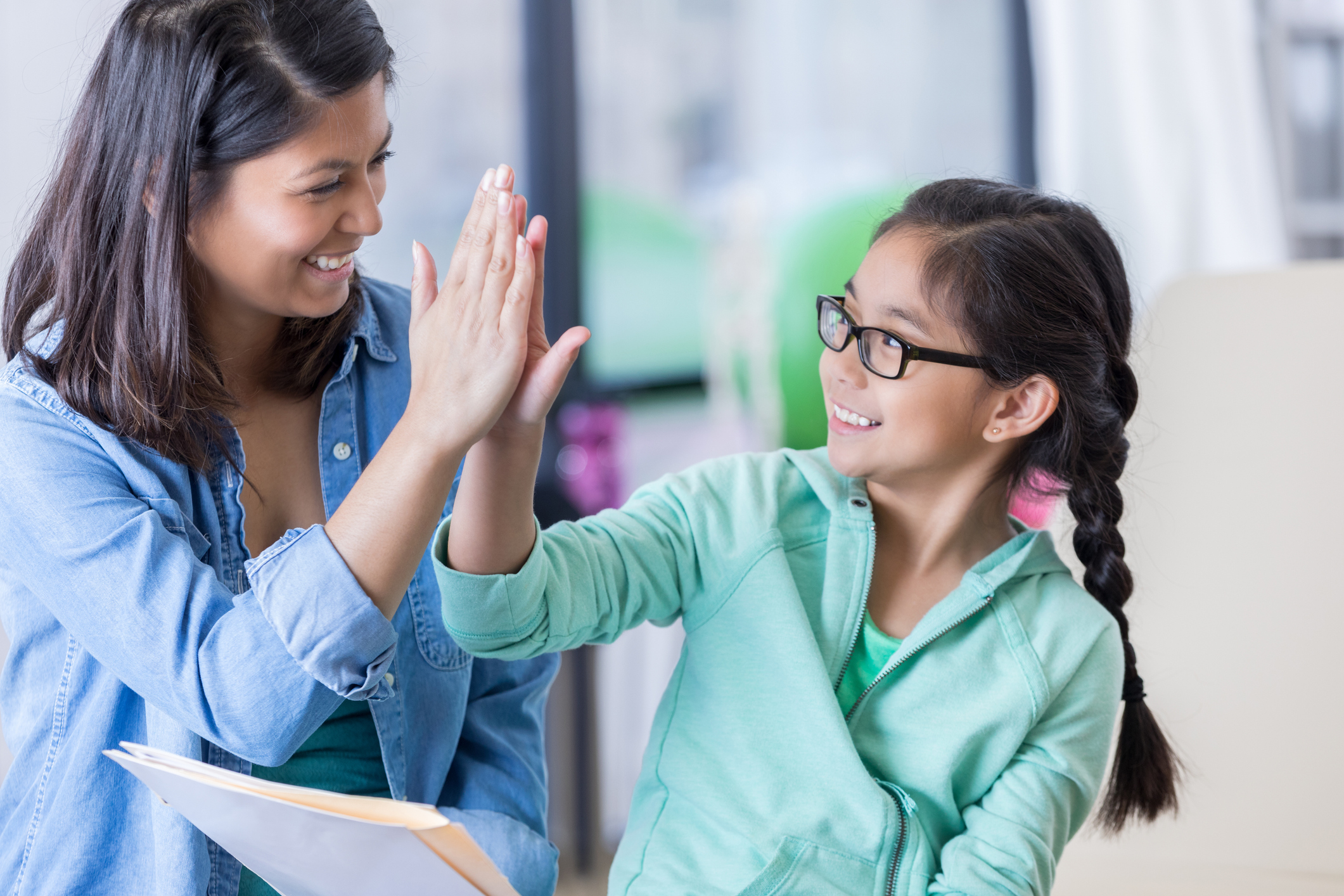
What to Look for When Choosing an ABA Therapy Program
Choosing the right ABA therapy program is important for your child’s development. Explore our guide about what to consider when evaluating programs.

Effective communication is a fundamental skill that plays an important role in our daily lives. For individuals with autism spectrum disorder (ASD), developing communication skills can be challenging. Applied Behavior Analysis (ABA) therapy offers evidence-based interventions to improve communication skills. We will explore how ABA therapy contributes to expressive and receptive language in children with ASD to address goals and foster meaningful connections.
Expressive language and receptive language are key components of language and communication development. Understanding the distinctions between these two aspects of communication is essential in assessing and addressing communication challenges for children with ASD through ABA therapy.
Expressive language is the ability to communicate thoughts, ideas, and feelings through spoken and written communication. This includes using words, sentences, and stories to express wants and needs.
Receptive language focuses on comprehending and understanding language. This encompasses processing and interpreting information conveyed by others through written words, gestures, and non-verbal communication.

ABA therapy can help in expanding a child’s vocabulary. ABA therapists, including Registered Behavior Technicians (RBT) and Board Certified Behavior Analysts (BCBA), introduce new words and phrases with the use of visual aids, play-based therapy, and social scenarios to encourage children with autism to use expressive language skills.
ABA therapists prioritize sentence structure development to enhance a child’s ability to communicate thoughts and ideas effectively. Through the integration of verbal operants, such as mands and tacts, RBTs empower children to communicate independently.
Fostering social communication skills is an important goal of ABA therapy to improve quality of life for children with ASD. Children learn to initiate and maintain conversations through verbal and written communication, improving their overall quality of life.
ABA therapy helps children with ASD improve their ability to understand and follow verbal instructions. ABA therapists often accomplish this with the use of positive reinforcement, discrete trial training (DTT), and antecedent-based interventions (Antecedent Behavior Consequence).
Children undergoing ABA therapy learn to effectively interpret non-verbal cues including body language and facial expressions, to enhance their understanding in various social scenarios – at home, school and the community. ABA therapists use visual support and modeling to enhance their client’s understanding.

RBTs and BCBAs collaborate to enhance listening skills, enabling children with autism to understand and retain spoken information. This contributes to their ability to actively engage in conversations and be independent in school settings.
ABA therapy is an evidenced-based approach to improving communication skills for children with ASD. By addressing specific language goals related to expressive and receptive communication, children can make strides towards effective and meaningful communication to improve their ability to foster meaningful connections.
Surpass Behavioral Health is dedicated to helping children and teens with ASD. With a focus on high-quality individualized care, support for families, and a commitment to evidence-based techniques, we are here to make a positive impact in the lives of those we serve. Contact us or get started today to learn more about our clinic-based ABA services.

Choosing the right ABA therapy program is important for your child’s development. Explore our guide about what to consider when evaluating programs.

ABA therapy offers interventions to enhance a child’s social skills. Let’s explore how ABA therapy helps develop social skills to promote positive outcomes.

Traveling during the summer can be fun and exciting for families but presents some challenges for children with autism. Read about tips for a smooth journey.